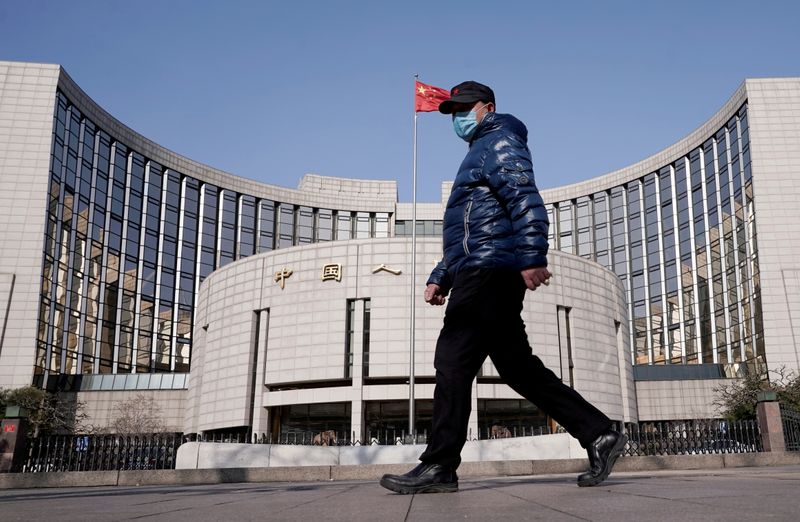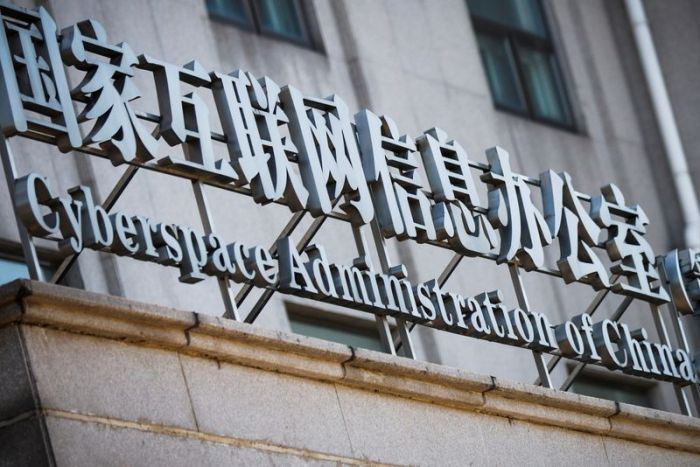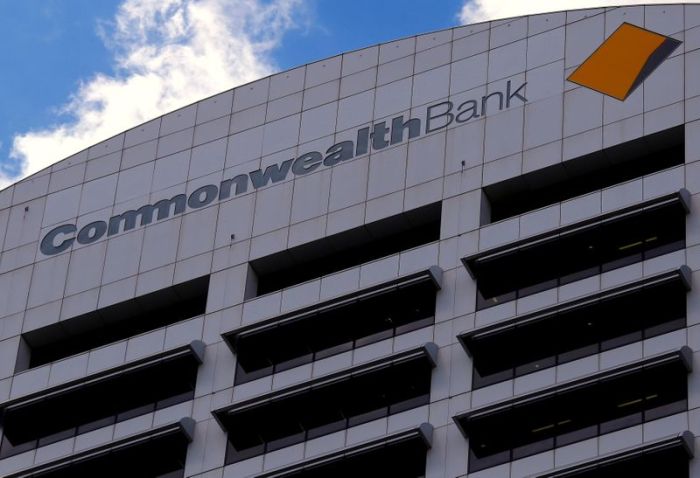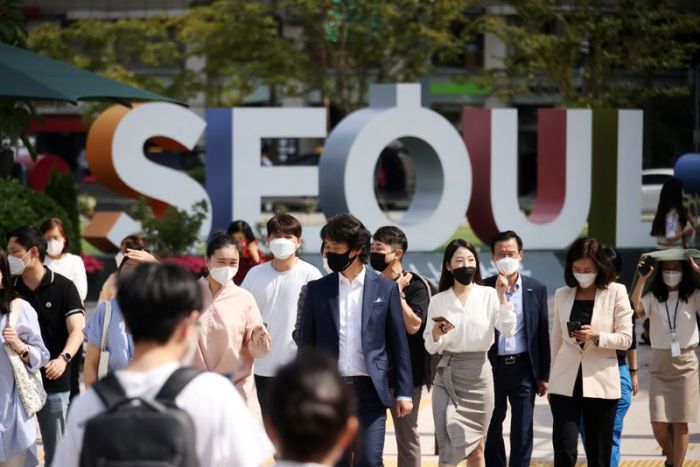BEIJING/SHANGHAI (Reuters) -Five of China’s largest state banks saw third-quarter profits rise by more than 10% as bad loans held steady, even as smaller lenders felt tremors from the ongoing debt woes at developer Evergrande.
Industrial and Commercial Bank of China (ICBC), the world’s largest bank, reported on Friday a 10.6% rise in third-quarter net profit from a year earlier, while Bank of China Ltd (BoC) said its profit climbed 13.2%. Smaller Bank of Communications Co (BoCom) saw quarterly profit jump 37.9% and China Construction Bank Corp’s (CCB) earnings rose 15.6%.
They followed solid results from Agricultural Bank of China Ltd (AgBank) on Thursday, with a 14% rise in quarterly profit.
The non-performing loan ratios at all five lenders fell slightly or held steady at the end of the third quarter compared with the end of the previous three months.
However, overall, net interest margins – a key indicator of bank profitability – stabilised or slipped at the end of the third quarter from the second quarter.
China Evergrande Group, once the country’s top-selling real estate developer, is reeling under more than $300 billion in liabilities, fuelling worries about the impact of its fate on the world’s second-largest economy as well as on global markets.
Mortgage lending at BoCom increased slightly at the end of the third quarter from a year earlier, while the other four banks did not post a breakdown on loans. Some local media reports said that such lending increased and interest rates fell in some cities, an indicator of a marginal relaxation of control over credit to the sector.
SMALL BANKS
While a recent string of developer defaults has had little impact on China’s largest lenders, for some of their smaller peers it is a different story.
The financing models of Chinese developers, including Evergrande, depended on a constant stream of new sales and new fundraising to feed their operations. They quickly ran into trouble when Beijing introduced its so-called “Three Red Lines” rules last year that capped the amount of debt developers could take on compared to the amount of cash, assets and equity capital they held.
For many smaller provincial lenders, a larger percentage of their loan portfolios are taken up by loans to developers and for mortgages than at bigger banks. So recent liquidity issues of developers have had a big impact on some smaller banks’ bottom lines.
Evergrande’s “liquidity issue has adversely affected Shengjing Bank in a material way,” Evergrande Chairman Hui Ka Yan said in a September statement, after announcing that the developer would sell a $1.5 bln stake in Shengjing Bank to help repay its liabilities to the lender.
According to a letter from Evergrande to the government of southern Guangdong province that leaked in September last year, many small provincial lenders had outstanding loans to Evergrande as of the end of June 2020. Evergrande has denied the authenticity of the letter. Sources told Reuters it was authentic.
Separately on Friday, China toughened rules for its globally systemically important banks.
(Reporting by Cheng Leng, Zhang Yan and Engen Tham; editing by Jason Neely and Susan Fenton)


























